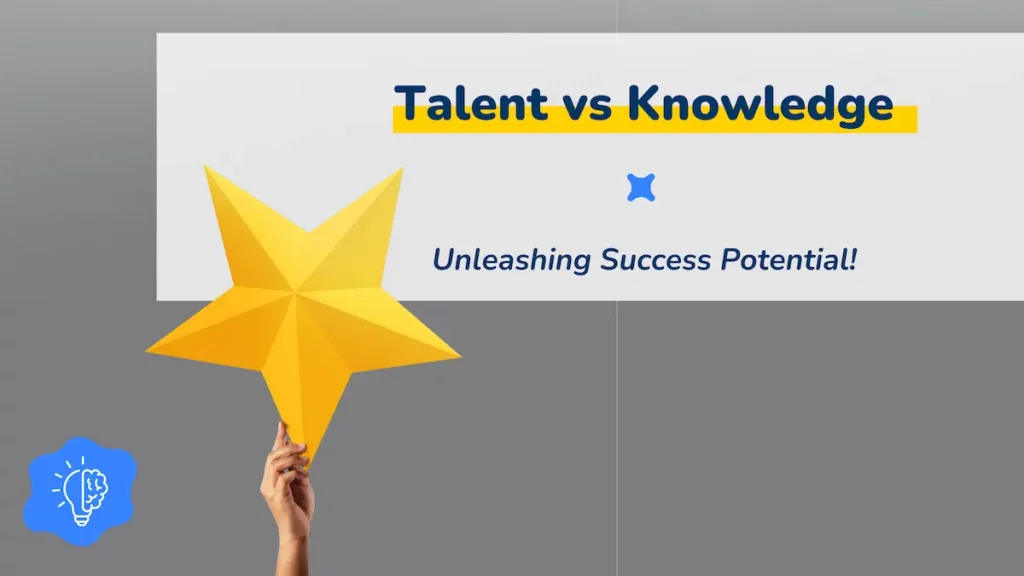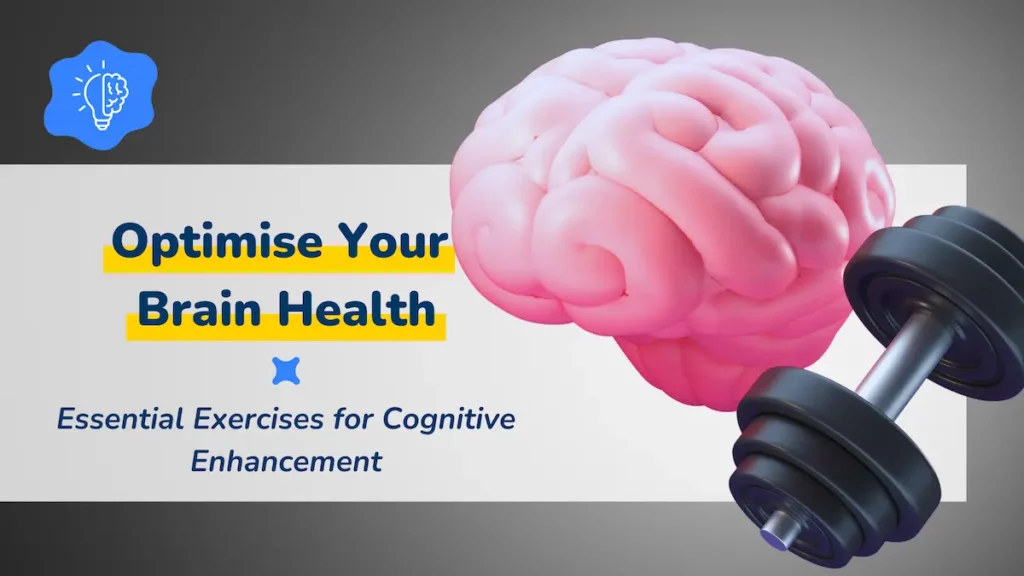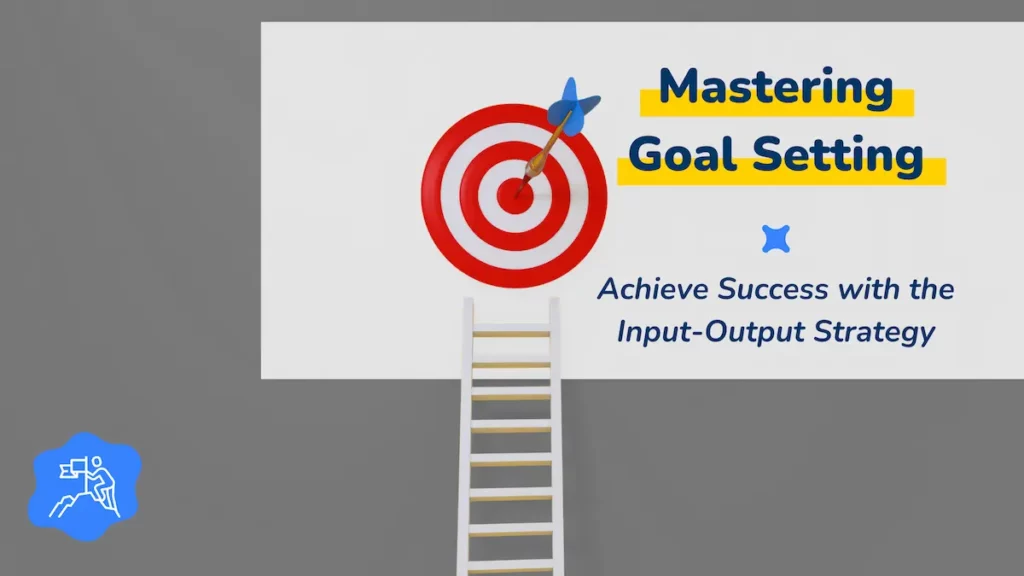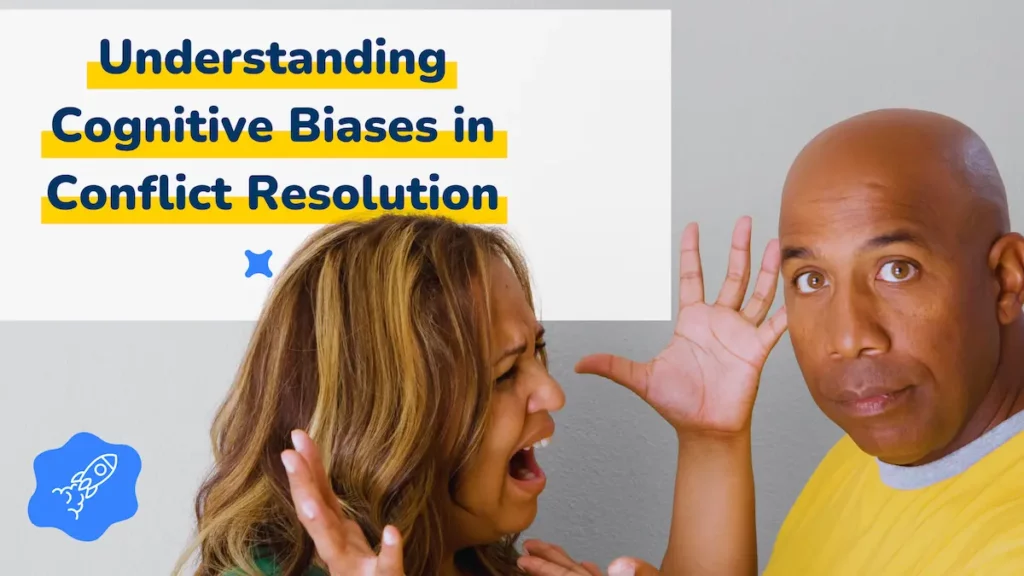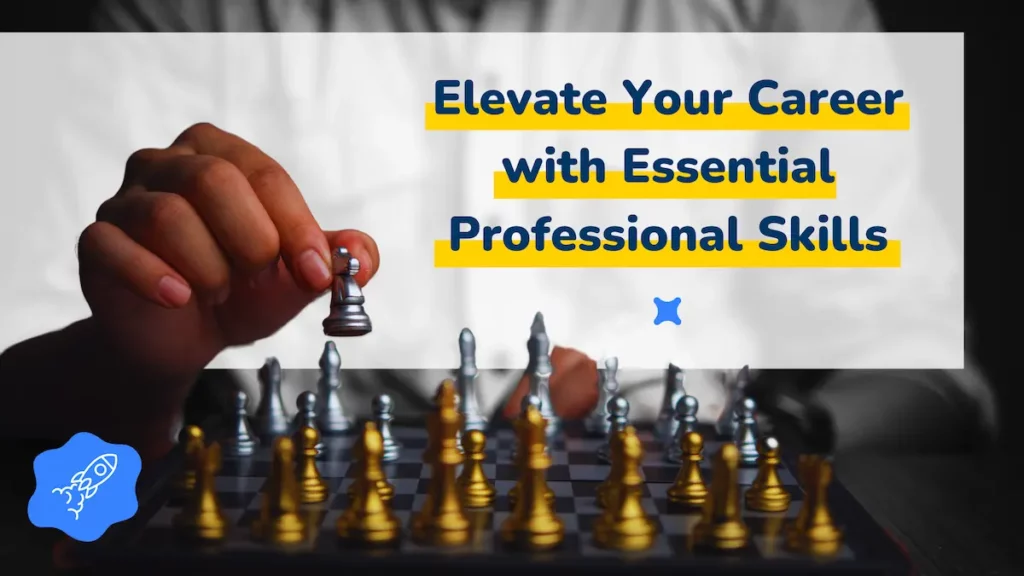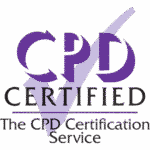Understanding Talent and Its Role in Success
Defining Talent
Talent encompasses those natural abilities and aptitudes we often see from a young age. These inherent traits enable individuals to excel with ease in specific areas, whether it’s the arts, music, analytical fields, or sports. Talented individuals often show a remarkable proficiency that sets them apart from their peers, even with minimal formal training.
The Benefits of Talent
Ease of Mastery: Talented individuals often find it easier to learn and excel in related skills. Their natural inclination allows them to pick up new techniques and concepts with less effort compared to others.
Motivation: Natural aptitude boosts confidence, inspiring individuals to strive for excellence. When someone realises their talent, it can serve as a powerful motivator, pushing them to refine their abilities further.
Competitive Edge: In competitive settings, talent helps individuals stand out significantly. Whether in sports, academics, or the arts, natural talent can provide an early advantage that can be leveraged for long-term success.
Case Studies of Talented Individuals
Mozart: A child prodigy who began composing music at the age of five, Mozart’s innate musical talent was evident early on. His natural abilities allowed him to create complex compositions that continue to be celebrated today.
Serena Williams: A tennis icon known for her extraordinary physical prowess and mental toughness, Williams has dominated the sport for years. Her talent, combined with rigorous training, has led her to become one of the greatest athletes of all time.
The Power of Knowledge
What is Knowledge?
Knowledge is the information and skills we acquire through education and experience. Unlike talent, it is cultivated over time through persistent learning and practice. Knowledge allows individuals to understand complex concepts, solve problems, and make informed decisions.
The Advantages of Knowledge
Adaptability: Knowledge equips individuals to handle new situations and solve complex problems. It enables them to apply learned principles to various scenarios, fostering innovation and flexibility.
Skill Development: Continuous learning helps in developing and enhancing skills. Knowledge provides the foundation upon which skills can be built and refined, leading to greater expertise.
Informed Decision Making: A solid knowledge base aids in making well-informed decisions, reducing errors. It allows individuals to evaluate situations critically and choose the best course of action based on evidence and reasoning.
Examples of Knowledge-Driven Success
Albert Einstein: His profound understanding of complex theories revolutionised science. Einstein’s knowledge in physics and mathematics led to groundbreaking discoveries that have had a lasting impact on the world.
Bill Gates: Utilised his extensive knowledge of computer science to build Microsoft into a global giant. Gates’s ability to understand and anticipate technological trends allowed him to create innovative products that transformed the software industry.
Combining Talent and Knowledge: A Strategic Approach
Why Integration Matters
Combining talent with knowledge can lead to exceptional achievements. Talent provides a natural foundation, while knowledge refines and enhances these abilities, creating a synergistic effect. The integration of both elements can result in a powerful combination that drives individuals to new heights.
Strategies for Integrating Talent and Knowledge
Identify Core Talents: Recognize your innate abilities to leverage them effectively. Understanding your strengths allows you to focus on areas where you have a natural advantage.
Continuous Learning: Commit to lifelong learning to stay updated with industry trends. Regularly seeking new knowledge ensures that your skills remain relevant and sharp.
Skill Enhancement: Use knowledge to fine-tune your talents through workshops, courses, and mentorship. Continuous improvement and skill development are crucial for maintaining a competitive edge.
Practical Application: Apply your knowledge in real-world scenarios to solidify learning and improve practical skills. Experience gained through practical application enhances both your talent and knowledge.
Overcoming Challenges in Talent and Knowledge Development
Common Obstacles
Complacency: Relying solely on talent can lead to stagnation. Without the drive to improve, talented individuals may fall behind those who continuously develop their skills.
Information Overload: Too much information can be overwhelming. It’s essential to focus on relevant and high-impact knowledge areas to avoid confusion and burnout.
Fear of Failure: Both talented and knowledgeable individuals can fear failure, hindering progress. This fear can prevent them from taking risks and pursuing new opportunities.
Solutions
Set Goals: Establish clear, achievable goals to stay motivated. Having a roadmap helps maintain focus and direction.
Prioritise Learning: Focus on high-impact knowledge areas that complement your talents. Identifying key areas for growth ensures that your efforts are effective.
Embrace Failure: View failures as learning opportunities essential for growth. Mistakes are an inevitable part of the learning process and can provide valuable insights.
Practical Applications: Success Stories
Business Leaders
Steve Jobs: Merged his innovation talent with deep tech and market knowledge to revolutionise the tech industry. Jobs’s ability to blend creativity with technical expertise resulted in iconic products that have reshaped modern technology.
Oprah Winfrey: Combined her natural charisma with media expertise to build a multimedia empire. Winfrey’s unique blend of talent and knowledge has made her one of the most influential figures in media.
Athletes
LeBron James: Integrates his athletic talent with a deep understanding of basketball to continually improve. James’s knowledge of the game, combined with his physical abilities, has cemented his status as one of the greatest basketball players.
Simone Biles: Harnesses her gymnastic abilities with rigorous training and learning for unprecedented success. Biles’s dedication to honing her skills through knowledge and practice has led to numerous Olympic medals and world records.
The Magic Formula
The interplay of talent and knowledge forms a potent formula for success. By recognizing and nurturing both, individuals can unlock their full potential, achieving excellence across various fields. Whether in the arts, sciences, business, or sports, the blend of talent and knowledge remains key to remarkable achievements.
FAQs
What is the main difference between talent and knowledge?
Talent refers to natural abilities and aptitudes that individuals are born with, while knowledge is acquired through education and experience.
Can knowledge compensate for a lack of talent?
Yes, knowledge can often compensate for a lack of natural talent. With dedication and persistent learning, individuals can achieve high levels of proficiency.
How can one identify their core talents?
Core talents can be identified through self-reflection, feedback from others, and observing activities that come naturally and are enjoyable.
Why is continuous learning important?
Continuous learning ensures that skills remain relevant and up-to-date, allowing individuals to adapt to new challenges and opportunities.
How can failures be viewed positively?
Failures can be viewed as learning opportunities that provide valuable insights and drive personal growth. Embracing failure helps build resilience and determination.
What is the best way to integrate talent and knowledge?
The best way to integrate talent and knowledge is to recognize your natural abilities, commit to continuous learning, and apply your knowledge in practical scenarios to enhance your skills.
By understanding and harnessing the power of both talent and knowledge, individuals can achieve extraordinary success in their chosen fields. The synergy between natural abilities and acquired skills creates a foundation for excellence that is both sustainable and impactful.
